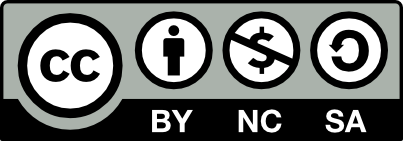Knowledge, practices and barriers in family planning.
Main Article Content
Abstract
Objectives: To assess the knowledge, practices and barriers of family planning in child bearing age women.
Methodology: This cross-sectional study was conducted at Department of Obstet-rics and Gynecology unit II Dr. Ruth K.M Pfau civil hospital Karachi from April 2019 to June 2019. During this period 399 women after being discharged from hospital were assessed for knowledge, practices of contraception and presumed barriers for using contraception. The responses were documented on self-designed question-naire.
Results: Mean age of candidates was 29.72 ±4.72 years. 66% women were not for-mally educated. 88.7% of women had knowledge about family planning methods and the major source of information was friends and relatives (42%). Only 40.6% women were practicing contraception and majority of them were using barrier method (24.6%). Any method was not used by 59.4% of women due to multiple reasons. The major barrier was fear of side effects (27.6%).
Conclusion: Our study population was well aware about contraceptive methods but underutilized due to family pressures .Women education and counseling along with husband and mother in law can improve family planning measures. The government and media should do active measures in spreading information about various availa-ble methods of contraception and their side effects.
Keywords: Knowledge, Practices, Barriers, Contraception
Downloads
Article Details

This work is licensed under a Creative Commons Attribution-NonCommercial-NoDerivatives 4.0 International License.
Journal of Muhammad Medical College (J Muhammad Med Coll) belief that all researches are basically conducted for the benefit of humanity. Research is the product of an investment by society and consequently its fruits should be returned in a transparent fashion to all humankind without any discrimination.
Journal of Muhammad Medical College is an open access journal which means that all content is freely available without charge to users or / institution. When used non-commercially all users are allowed to read, download, copy, distribute, print, search, or link to full text articles in this journal without asking prior permission from the publisher or author as long as original author(s) are acknowledged.
Journal of Muhammad Medical College operate under Creative Common License CC-BY-SA that allow reproduction of articles free of charge, for non-commercial use only and with the appropriate citation information. All authors publishing with Journal of Muhammad Medical College accept these as the terms of publication.

This work is licensed under a Creative Commons Attribution-NonCommercial-ShareAlike 4.0 International License